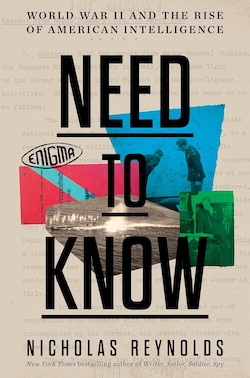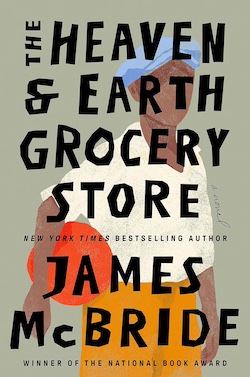
If you’ve ever written a book, you might be shocked by the vanishingly small sales, whether your book was fiction or nonfiction. Like me, though, you’ve probably imagined that winning a big prize such as a Pulitzer or a National Book Award would make all the difference in the world. Here, then, as a cold dose of reality, is a recent article in Publisher’s Weekly which reveals some of the facts:
- “The 2014 general nonfiction winner, Tom’s River by Dan Fagin, went from 10 copies [before the prize announcement] to 162 copies sold (6,266 copies sold to date) on BookScan [which measures a significant proportion of industry sales].
- “History winner The Internal Enemy by Alan Taylor went from 27 copies to 433 copies (3,375 copies sold to date).
- “3 Sections by Vijay Seshadri, the 2014 poetry winner, went from 11 copies to 81 copies (353 copies sold to date).
- “Megan Marshall’s Margaret Fuller, the biography winner, out in paperback, went from 62 copies to 387 copies (5,038 copies sold to date).”
Deeply discouraging results for nonfiction authors
I don’t know about you, but I find those numbers deeply discouraging. The winner of the 2014 Pulitzer Prize for History has sold a total of only a little more than three thousand copies? I would be devastated if those were the sales numbers of one of my recent books! Occasionally, years ago, I wrote technical books about fundraising from time to time, and a couple of those sold no more than two or three thousand copies. But I would certainly expect more from a book with a much broader audience. So, is there no gold at the end of the Pulitzer rainbow?
Well, sometimes, it seems, there is. A few titles somehow become big outliers as measured by the sales numbers. As PW revealed in its article, “sales for the [2014] Pulitzer Prize fiction winner, The Goldfinch by Donna Tartt, spiked in the week following the announcement of the prize. According to Nielsen BookScan, the book sold 15,079 copies last week, compared to 7,095 the week before the Pulitzer win, good for a 113% increase. The Goldfinch has sold over 407,000 copies to date [as noted] on BookScan. Publisher Little, Brown reported that total Goldfinch sales — print and digital combined — are nearing 1.5 million and that it has gone back to press for another 150,000 copies.”
Winning authors of fiction do better
Was Donna Tartt the sole financial beneficiary of a Pulitzer for fiction? No. The Goldfinch’s sales are less impressive than those of the 2009 Pulitzer fiction winner, Olive Kitteridge. “That book has sold over 994,000 copies to date. 2010’s winner, Tinkers by Paul Harding, has sold 413,000 copies to date; 2011’s winner, A Visit from the Goon Squad by Jennifer Egan, has sold 408,000 copies; [the 2013 winner,] The Orphan Master’s Son, has sold 180,000 copies.
Historically, the fiction Pulitzer winner sees the biggest sales benefit out of the five literature categories awarded.
I guess it pays better to write fiction.
If only there weren’t so much competition.
You can always find my most popular reviews, and the most recent ones, on the Home Page.


























